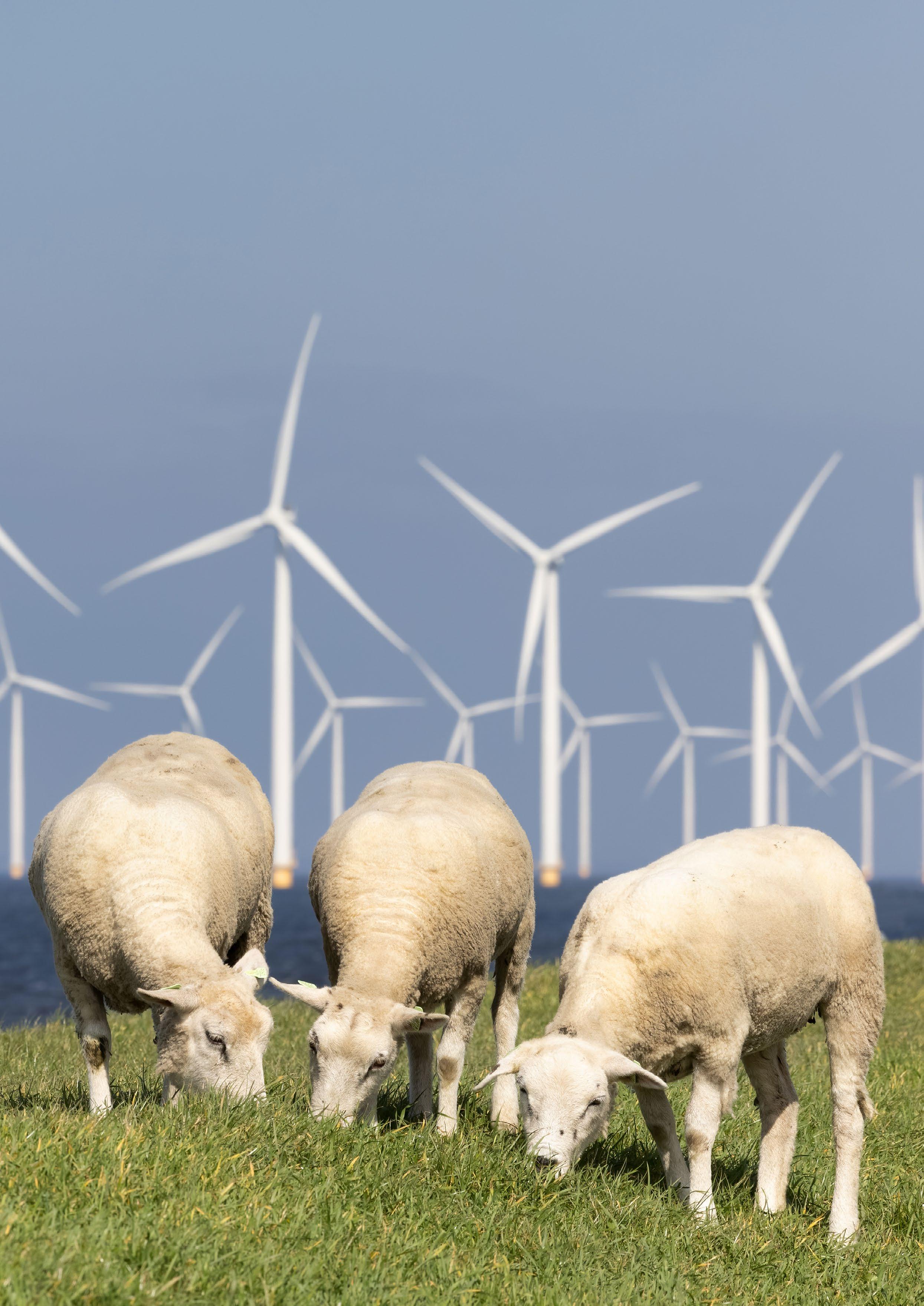Sustainability
Our fibres embody nature's pure touch, driving our unwavering commitment to a pristine planet



Our fibres embody nature's pure touch, driving our unwavering commitment to a pristine planet


As a global brand, Fibre by Auskin believes in the inherent responsibility we have to help protect and sustain our planet. With a deep commitment to environmental responsibility, we strive to go beyond the ordinary.
Our dedication to sustainability is evident in every aspect of our operations - from responsible sourcing to meticulous production methods that minimise waste and energy consumption.
We recognise the importance of transparency and accountability throughout our supply chain. We adhere to stringent quality and safety standards, ensuring that our products meet the highest ethical and sustainability criteria. By using recycled materials for inserts, labels, and packaging, we minimise our environmental footprint and contribute to a circular economy.
Our preference for natural fibres like flax linen, cotton, and wool reflects our commitment to providing products that are not only luxurious and ethically designed, but also environmentally conscious. These fibres offer exceptional comfort, durability, and insulation
properties, while minimising the impact on our planet.
Our sustainability story is evolving, but rooted in genuine concern for the planet. We welcome you to join us on this journey, as we continuously work towards being a conscious global brand.
We believe in empowering you with knowledge, and educating you about the benefits of natural sheepskin and fibres, as we want you to make informed choices that align with your values. By choosing our products, you’re not only supporting ethical and sustainable practices, but also experiencing the quality and natural beauty that nature has to offer. For us, it’s all about conscious steps forward.
Our fibres reflect nature’s pure touch, driving our unwavering commitment to a pristine planet.

Ethical Sourcing is fundamental to our company. We value the beauty and comfort of our products, and we are committed to ensuring ethical practices throughout our supply chain. Here's what you need to know:
• Our sheepskins primarily come from New Zealand and Australia, countries dedicated to ethical sourcing and reducing their carbon footprint.
• Our sheepskins are sourced as a byproduct of the food industry. Similar to the leather obtained from cattle hides, which is a by-product of the beef industry, sheepskin is a by-product of lamb meat. The raw skins collected by abattoirs and packers primarily originate from farmers who raise sheep for meat, rather than their skins.. The majority of a sheep's value lies in the sale of its meat, with only a small portion attributed to the sheepskin.
• We source sheepskins from farms that follow sustainable farming practices and adhere to strict environmental codes.
• Mulesing is strictly prohibited in New Zealand and Australia, and we never
5 DOMAINS
purchase sheepskins subjected to this practice.
• New Zealand offers a benign natural environment and comprehensive regulations for animal welfare. They are committed to showcasing ethically sourced meat to the world.
• New Zealand farms are regulated by strict environmental codes like the Asure Quality standard.
• New Zealand has pioneered the Five Domains of animal welfare, which go beyond the Five Freedoms model, emphasising the mental well-being of animals.
• Our Australian partners are focused on enhancing animal welfare and sustainability, collaborating with industry experts and setting goals to reduce emissions and eliminate food waste.
5 FREEDOMS
Fibre by Auskin is committed to environmental sustainability, prioritising actions that make a real difference. Our focus is on reducing our carbon footprint and creating a more sustainable future. Each small step we take adds up to a significant positive impact, allowing us to leave a lighter footprint on our environment.
Water plays a crucial role in our production process, and we've made significant progress in reducing our water usage. Our efforts have resulted in a significant decrease in our environmental impact, and we continue to explore innovative ways to preserve this precious resource and enhance our sustainable practices.
• Over the past 5 years, we have achieved an impressive annual decrease of 15% in our water consumption.
• Our new water treatment plant has allowed us to exceed regulatory requirements and reduce outputs.
• Approximately 70% of the water we use is either reused or recycled, contributing to a more sustainable production process.
• All water undergoes secondary treatment at our local city water treatment facility, ensuring no direct output to the environment.
• By reducing water consumption, we also minimise the overall use of chemicals, promoting a healthier and more sustainable approach.
We prioritise minimising energy consumption, emissions, and water usage while making a positive impact on the environment. Here's how we achieve this:
• Closely monitor and optimise energy usage throughout operations.
• Utilise revolutionary Auto-Tanning technology to reduce chemicals, water, energy, and COD emissions by 10%.
• Transition from coal to natural gas, resulting in substantial carbon emission reduction.
• Harness solar power with panels heating up to 2 million litres of water per week.
• Maximise energy reuse by capturing heat from drying rooms and repurposing cold air.
• Streamline processes with advanced conveyors, reducing forklift usage and our carbon footprint.
• Prioritise recycling and alternative uses for waste materials.
• Optimise shipping methods, choosing sea transportation over air freight to significantly reduce CO2 emissions.
• Efficient road and trucking operations eliminate empty trucks, optimising transportation for raw materials and finished products.
• Implement mechanical scrubbers to remove VOC contaminants, enhancing air quality.
When treating our sheepskins, we prioritise preserving their inherent beauty and qualities while minimising our environmental impact. Here's how we achieve this:
• New enzyme technology is used to reduce detergent and surfactant use by 30%.
• Chemical recycling through our Auto Tan technology reduces annual chemical usage by 15%.
• Our process water contains lower chemical levels, resulting in significantly reduced wastewater outputs.
• We meet the safety standards of the OEKO-TEX LEATHER STANDARD for products in contact with human skin.
• Salt is recovered and recycled, reducing purchased salt by 95%.
• Our core product range is chrome-free, and we strive to eliminate chrome whenever possible.
• Our team continuously explores efficient and sustainable practices aligned with our environmental values.
• By reducing chemical usage, we maintain the natural qualities of our sheepskins and promote a sustainable approach.
At Fibre by Auskin, we're dedicated to recycling and reducing waste in our production processes. Here's how we're making a difference:
• We harness heat from drying units for hot water and utilise cool air for employee comfort.
• We recycle 70% of water used through our water treatment facility.
• We recover salt from the curing process, resulting in a 95% reduction in salt purchases.
• We source from manufacturers using 100% recycled materials for eco-friendly packaging, filling, and labelling.
• We sell bio waste for conversion into fertiliser or biofuel.
• Grease from the dry-clean plant is sold as biofuel.
• We handle waste materials with chemical content through government-approved processes.
• We dispose of waste materials from the grey-water treatment process at municipal plants, in compliance with regulations.
• We sell or recycle wooden pallets, chemical drums, containers, plastic, and cardboard waste.
• We sell wool clippings and recover trimmings for wool production.
• We utilise damaged skins and skin offcuts in production to reduce waste and create long-lasting products.
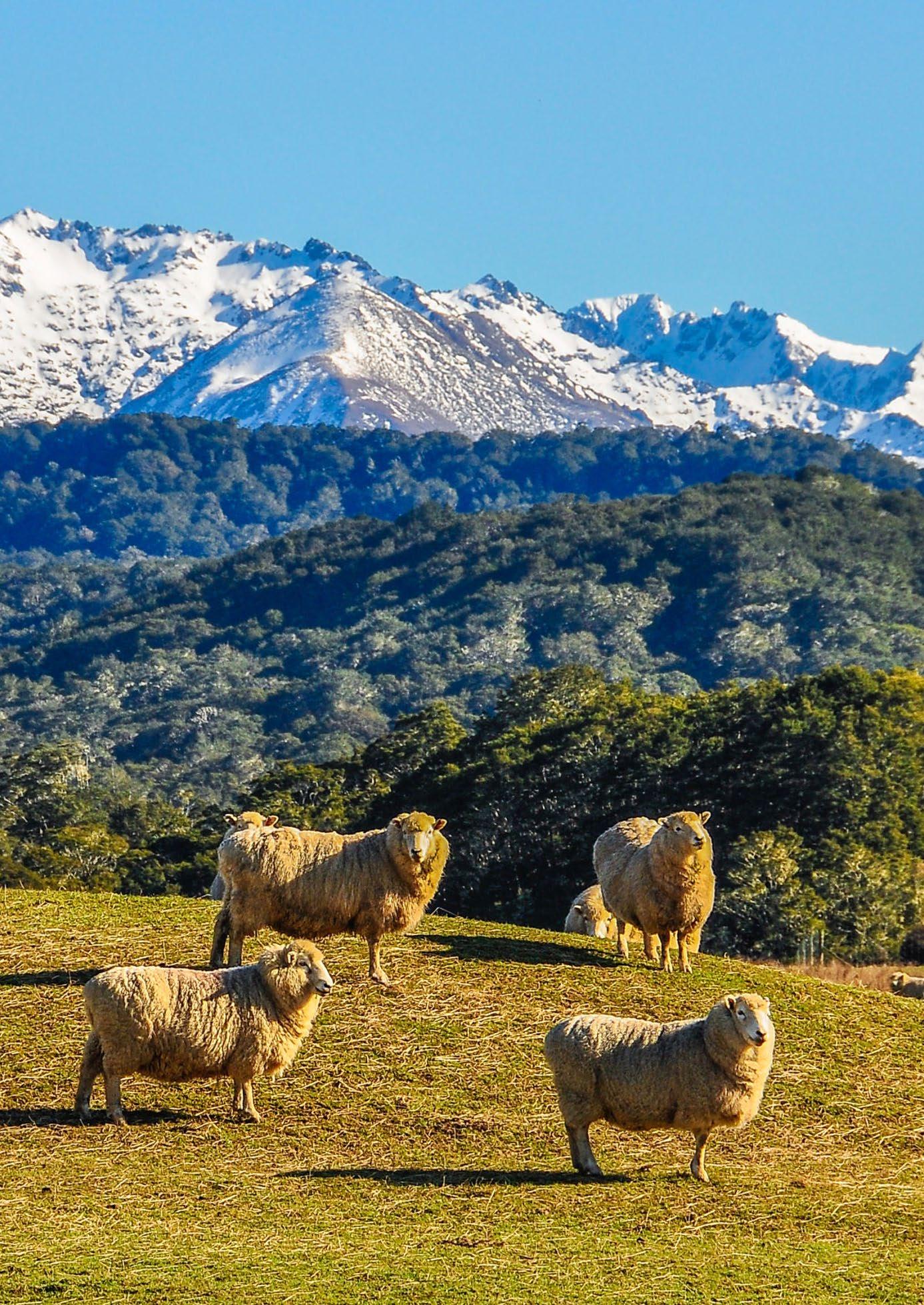
• Synthetic materials, like polyester, break down into microplastics that persist in the environment.
• A single load of polyester garments can release millions of microplastic fibres.
• Microplastics have been found in Antarctica's freshly fallen snow, highlighting the far-reaching impact of plastic pollution.
• Wool, on the other hand, is a natural fibre that biodegrades safely, offering a sustainable solution.
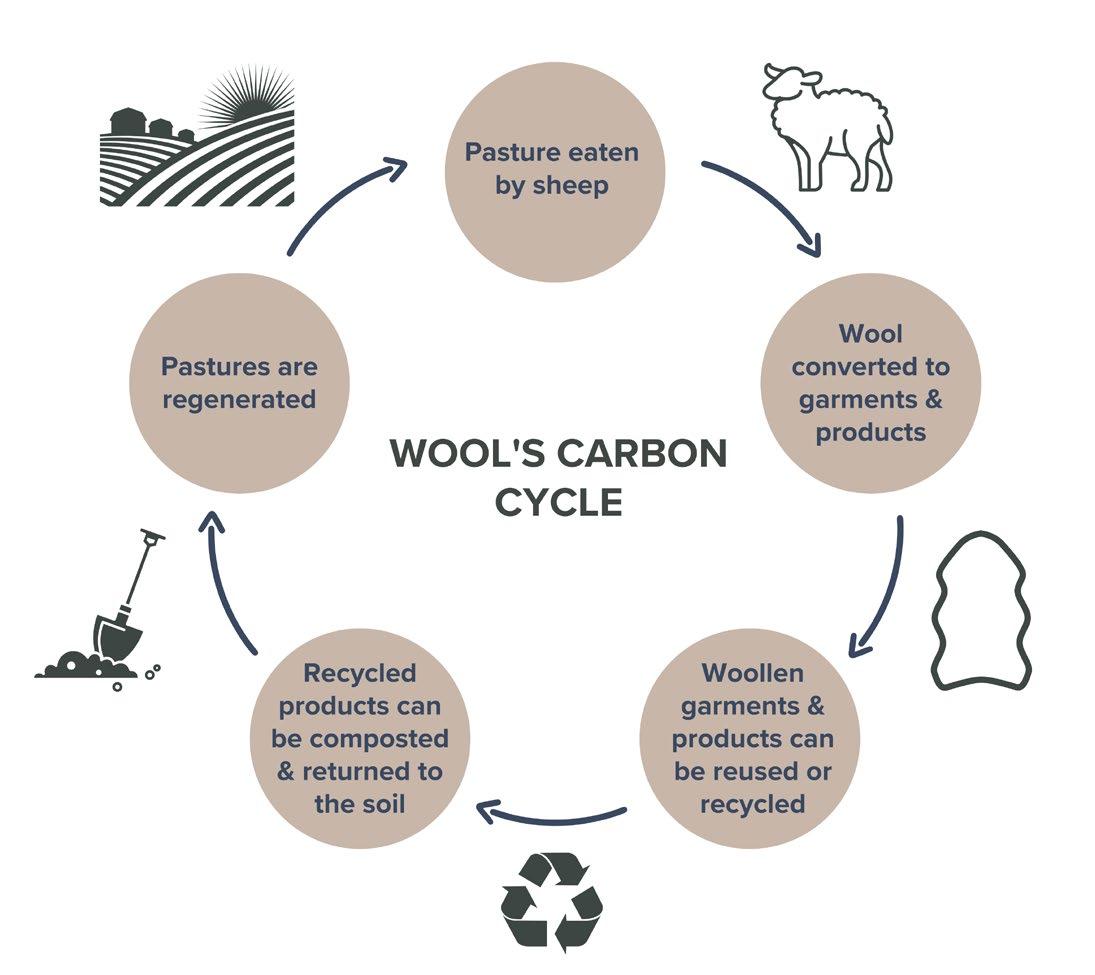
• Sheep and wool are part of the natural carbon cycle, containing biogenic carbon.
• The sheep and wool industry divert waste from landfills and transform it into valuable products.
• New Zealand farmers are actively working to reduce carbon emissions and achieve carbon neutrality.
• Initiatives include large-scale research, improved waste-water treatment systems, and energy-efficient practices.
• Our conscious suppliers take steps to minimise their environmental impact.
• On-site energy consumption and carbon emissions have been significantly reduced.
• Waste heat is utilised, systems are upgraded, and heat recovery projects are implemented.

• Sheepskin, made of 100% natural and biodegradable wool, doesn't contribute to microplastic pollution, unlike synthetic faux fur.
• Synthetic fibres take longer to break down, and also release harmful microplastics.
• Choosing wool means embracing a historical, durable, and sustainable fibre.
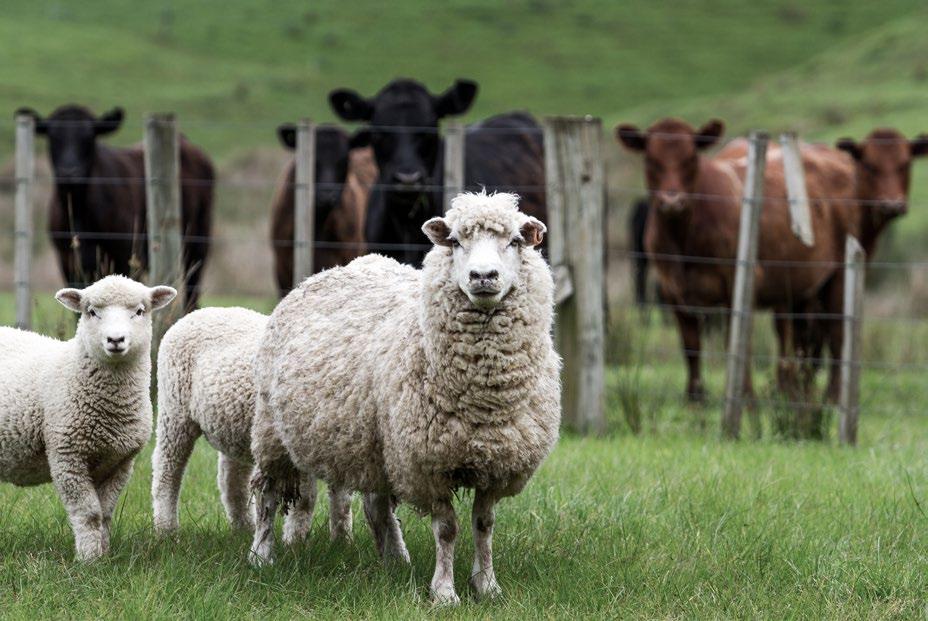
• Wool holds a significant place in the tapestry of human civilisation. Its origins can be traced back to ancient times, where communities discovered the value of this versatile material.
• Natural wool outsmarts synthetics with superior performance in heat and moisture regulation, acoustic performance, flame resistance, antistatic abilities, indoor air filtration,
Renewable and sustainable resource
Biodegradable
Comfort and durability
Hypoallergenic
Environmental-friendly drying
odour suppression, UV absorbency, and easy maintenance.
• Genuine sheepskin offers advantages over faux fur, including comfort, durability, insulation, and hypoallergenic properties.
• Sheepskin is a renewable, recyclable, and sustainable resource, being a by-product of the food industry, while faux fur is derived from nonrenewable synthetic resources.
• Sheepskins are by-products of the food industry and have a lower value than the sheep themselves.
• Animals can be raised with care, and their contributions can serve a purpose in sustaining others.
• Sheepskin farming focuses on sustainability and animal welfare, unlike the fur industry.
California (USA) recently banned the sale and manufacture of fur. This law specifically excludes sheepskin and cowhide from the legislation. The ban states that "Fur product" does not include deerskin, cowhide, sheepskin, or goatskin with hair attached. Sheepskin, being tanned wool on leather, is not considered fur under the California Fur Ban. Animals farmed solely for their fur, like sable, mink, and chinchilla, are banned.
Derived from synthetic materials
Slow decomposition
Microplastic pollution from recycling
Limited durability
Potential environmental impact during production
By-product of the food industry 11
The Auskin Group proudly complies with, and exceeds, international standards that are critical to our industry. Our products are beautifully crafted, honouring nature and function. We are very proud of our uncompromising commitment to the highest international standards in safety and quality.
• The Auskin Group holds Oeko-Tex 'Confidence in Textiles' standard in Class 1 for Ivory, Class 2 for Ivory, and light to medium coloured woolskin products.
• Our dark-coloured skins are working towards Oeko-Tex certification but meet all other requirements except for one rub test.
• We repurpose yellow discoloured sheepskin to reduce waste and promote sustainability.
• Annual audits ensure the use of safe chemicals in our products and compliance with human safety standards.
• Our technical team undergoes trials and tests to achieve OekoTex standards, showcasing our commitment to quality and safety.
• Our dedication to maintaining OekoTex standards drives us to obtain additional certifications for all our products.
Intertek Laboratories is a multinational company specialising in testing, inspection, and certification. We conduct annual chemical and performance testing on our sheepskin products using these services.
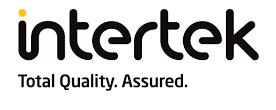
• Intertek Laboratories help us ensure product quality by testing for pesticide residues, formaldehyde, heavy metals, and AZO dyestuffs.
• Regular assessments by Intertek evaluate colour fastness, light fastness, and rub tests on our products. The Auskin Group maintains the highest international standards through these evaluations.
• Their testing verifies the quality, safety, and performance of our products.
• Their support enables us to meet industry standards and regulatory requirements.
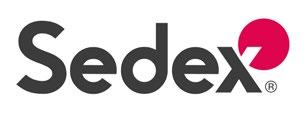
Our tannery is audited annually for compliance with SMETA ethical trade standards as a member of SEDEX (Supplier Ethical Data Exchange). SEDEX is a not-for-profit organisation that promotes ethical supply chains and facilitates responsible sourcing data sharing and collaboration with suppliers.
• Being part of SEDEX demonstrates our commitment to transparency and responsible business practices.
• SMETA is an auditing methodology by SEDEX that assesses ethical trade practices in member supply chains.
• SMETA evaluates labour rights, health and safety, environmental impact, and business ethics.
• SMETA promotes transparency and drives improvements in supply chains.
The Auskin Group is an ISO9001:2015 certified supplier which means that we have met the requirements of the ISO 9001 quality management system standard. This certification shows that we have effective quality management processes to consistently deliver products/services that meet customer needs and comply with regulations. ISO 9001:2015 covers customer satisfaction, continuous improvement, risk management, and employee involvement in achieving quality goals.
The Auskin Group is an approved license holder of the Woolmark quality assurance logo across all of our Sheepskin products. Woolmark is the global authority on wool, representing a genuine commitment between woolgrowers, brands, and consumers. They ensure the authenticity and superior quality of wool and woollen products. When you see the Woolmark logo, you can trust that you're getting an authentic sheepskin, with the highest standards of wool in the world.
